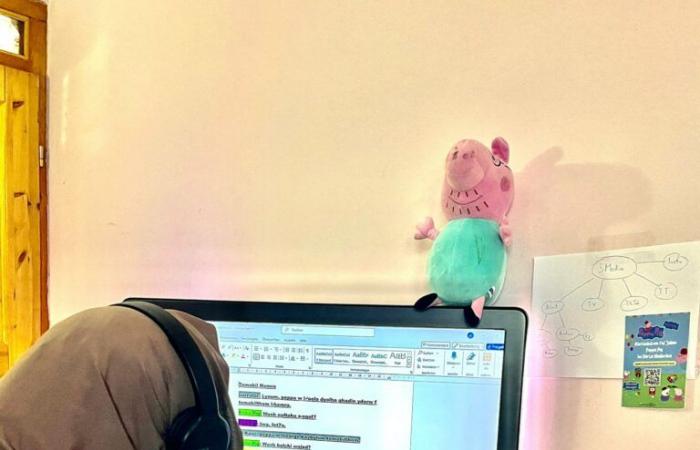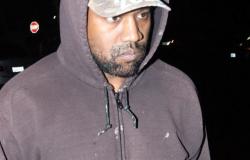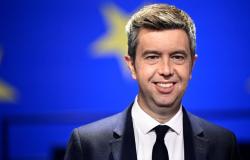Born in Larache, Hajar Tanjaoui grew up with parents who migrated to Germany when she was two years old. Now a mother, she wants to pass on the heritage and culture of Morocco to her two children, born in the host country. Trained to be a classroom teacher, she is keen to speak to her little ones in Darija, just like her mom and dad did with her and her brothers and sisters.
“Although I was raised and educated in Germany, I learned the Moroccan dialect from my parents at home,” she recalls. Married to a German, she felt more of a responsibility to pass on the traditions of her culture, with the birth of her daughter.
Hajar felt even more responsible for this transmission, at the idea of the darija becoming obsolete, as generations of Moroccan children are born and raised abroad. “I also noticed that their links with the motherland were fading,” she laments.
Within her own family, Hajar noticed that the level of Darija spoken by her older sister was different from that of her younger brothers. “Many parents no longer discuss Darija with their children and that is what I have avoided repeating. I really have to preserve the mother tongue,” she told Yabiladi.
Peppa Pig parle Daria
Hajar tried to create an environment for her children, where darija is present. Since cartoons are the favorite program of the little ones, the mother tried to show them content in Moroccan dialect, but in vain.
“I found some in classical Arabic, but not in Darija,” she tells us. After giving up her search, Hajar came across Peppa Pig, which features an outgoing preschool pig and her family. Peppa participates in many activities and learns something new every day.
“My daughter loved it and learned a lot; she even adopted a British accent,” jokes the mother, who had something clicked: “If only there was similar content in Darija.”
This is how Hajar decided to do things herself: translate the episodes and dub them into Moroccan dialect not only for her children, but also for other young dual nationals living abroad, looking for broadcasts to learn darija.
“Even though I always spoke to my children in Darija, they only responded to me in German. I decided to create something myself. I liked Peppa Pig because it’s fun and light at the same time. Even as an adult, I enjoyed watching this program with my daughter.”
Beat Tanjaoui
With the help and encouragement of her husband, Hajar embarked on this project in April 2024. “At the beginning, my brother, who is 18, helped me. He introduced me to the programs and joined me to lend his voice to the characters,” she says.
The siblings changed their voices to fit different roles: Peppa Pig, Baba Pig, Mama Pig, Jeddo and George. However, the organization has been difficult to sustain, with Hajar’s brother still in training. “For the first three episodes, my brother lent his voice to Baba Pig and Jeddo Pig. But subsequently, it was not always possible to synchronize our schedules and our availability,” she explains.
Indeed, the process involves several tasks. Before casting his voice, Hajar translates the scripts from English to Darija. “Some words don’t have direct dialect equivalents, so I have to find culturally appropriate alternative terms to keep the same meaning as in the original script,” she adds.
At the beginning, Hajar was helped by her brother on the technical side, including removing the original voices from the episodes. Today, she takes care of everything herself. Due to her brother’s busy schedule and the difficulty of finding other people to voice several characters, she resorted to artificial intelligence.
“I use AI to create the characters’ voices, making them sound like Baba Pig, George or others. Although many people think that my children voice Peppa and George, this is not true. AI offers better quality and allows me to work independently, without being dependent on the availability of others. This also allows me to maintain a certain regularity in the broadcast of the episodes.
Beat Tanjaoui
Hajar began posting her episodes of Peppa Pig in Darija on YouTube, but the initial response was disappointing. “When I uploaded the first episodes, I set the YouTube location to Morocco, but the reactions were negative,” she recalls.
Disappointed but not discouraged, she distributed flyers in schools and kindergartens, in addition to tagging Moroccan influencers. Little by little, she began to receive positive feedback, especially from Moroccans abroad, who appreciated the content as a fun learning tool for their children. The mother thus regained confidence.
“I realized that Moroccans living abroad are the main audience for this type of content, because they want their children to learn Darija, a language they don’t often hear. Choosing Peppa Pig also helped, because it’s a program that already has a large fan base,” she noted.
Hajar’s children are also his main audience. When they discovered the first episodes, they were surprised to learn that Peppa Pig spoke Darija well. “It surprised them and they found it funny, especially when they recognized my voice. My daughter even showed the episodes to her friends, proudly saying: “That’s my mother!”
Hajar is thrilled with the feedback she’s receiving and the impact her initiative has had on people in her situation, but it’s just the beginning.
“I am currently in contact with the company that owns Peppa Pig. They seem hesitant to trust the project because it is still in its early stages, but I hope it will grow with time,” Hajar said.
The mother aims to move from YouTube to Moroccan or even German television, or even go beyond Peppa Pig. “I have received requests to dub other popular cartoons like Masha and the Bear. It makes me happy to know that people appreciate the content,” she tells us.






